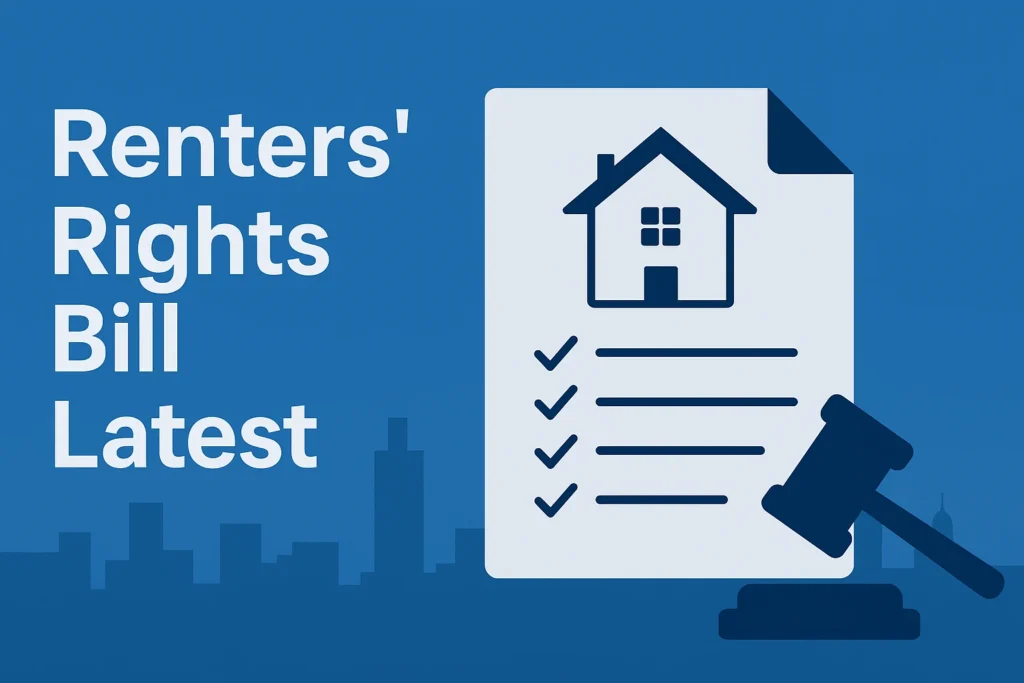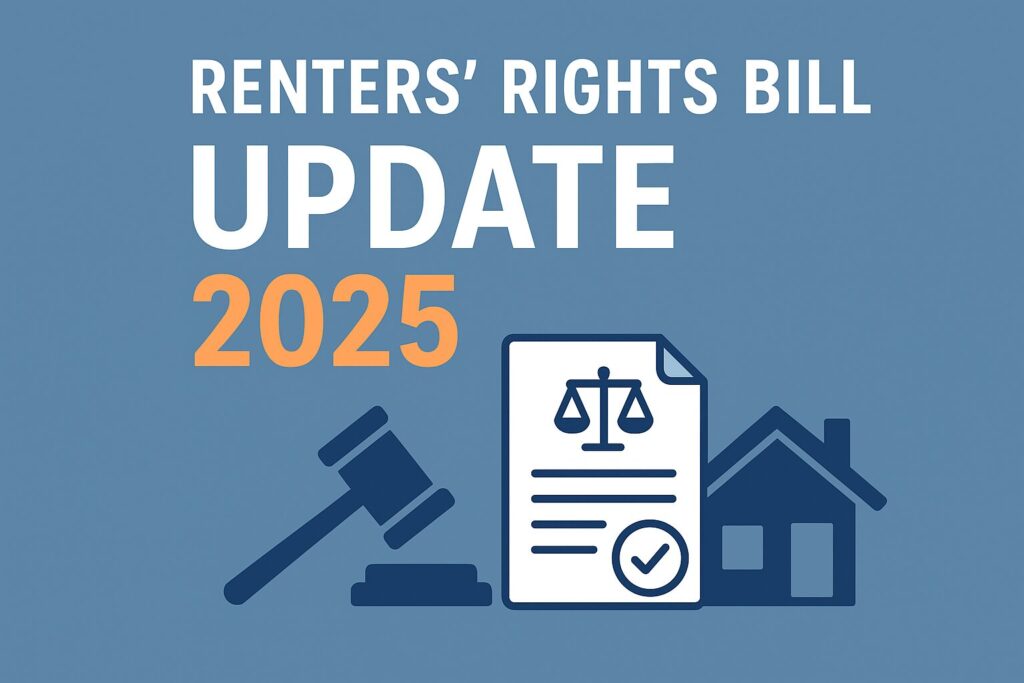Legal Requirements for Landlords in the UK
What Are a Landlord’s Legal Responsibilities?
If you’re renting out a property in England or Wales, there are strict legal obligations that you must follow to remain compliant. Failure to do so can result in fines, legal action, or the inability to evict tenants legally. Here’s a breakdown of what the law requires from landlords in 2025.
1. Tenancy Deposit Protection
Landlords must protect tenants’ deposits within 30 days of receiving them using a government-backed scheme such as DPS, MyDeposits, or TDS.
Why it matters: If you fail to do this, you may not be able to serve a Section 21 notice and could be fined up to three times the deposit amount.
2. Gas Safety Certificate
An annual Gas Safety Check by a Gas Safe registered engineer is legally required. A copy of the certificate must be provided to the tenant before they move in and within 28 days of each yearly renewal.
3. Electrical Safety Standards
Landlords must ensure the property meets Electrical Safety Standards in the Private Rented Sector (England) Regulations 2020.
This means arranging a qualified electrician to inspect the property at least once every five years.
4. Energy Performance Certificate (EPC)
An EPC must be available before the property is marketed, with a minimum E rating. You are legally obligated to provide a copy to your tenant.
📄 5. "How to Rent" Guide
A current version of the “How to Rent” guide must be given to the tenant at the start of every tenancy. Failing to provide this can make a Section 21 eviction notice invalid.
6. Tenant Fees Act 2019
This act bans most letting fees and caps tenancy deposits. You may only charge for: lost keys; late rent (after 14 days); changes to tenancy (e.g. name changes). All other admin or reference fees are illegal.
7. HMO Licensing (if applicable)
If your property is a House in Multiple Occupation (HMO), you’ll likely need a licence. This applies if five or more unrelated people live in the property, even if they form two or more households.
8. Right to Rent Checks
Landlords must verify a tenant’s legal right to rent in the UK by checking identity documents before the tenancy starts. They must also complete ongoing checks during the tenancy to ensure the tenant continues to hold right to rent.
9. Section 21 and Section 8 Notices
To end a tenancy legally, landlords must serve either:
Section 21 – no-fault eviction (requires compliance with safety & document rules)
Section 8 – when tenants break terms (e.g. rent arrears)
Improper service of these notices can make eviction unenforceable.
Frequently Asked Questions (FAQ)
What happens if a landlord doesn't protect a deposit?
You could be fined and prevented from serving a Section 21 notice.
Do I need an EPC to rent out a flat in England?
Yes, and it must be rated E or higher.
How often must I check electrical safety?
Every five years by a qualified electrician.
Are admin fees for referencing still allowed?
No – these are banned under the Tenant Fees Act 2019.
Feeling Overwhelmed by Landlord Legal Requirements?
The truth is, landlord regulations aren’t just complex – they’re constantly changing. Failing to comply can lead to heavy fines, legal disputes, or even being banned from renting property.
That’s why so many landlords across Manchester choose Novellus Property Management. With our fully managed and HMO management services we take care of everything – from up to date safety certificates to deposit protection – ensuring you stay compliant, on time and on budget.
✅ Let Us Handle Your Compliance
Contact us today to learn more about our property management services in Manchester – and let us take the pressure off staying compliant.



